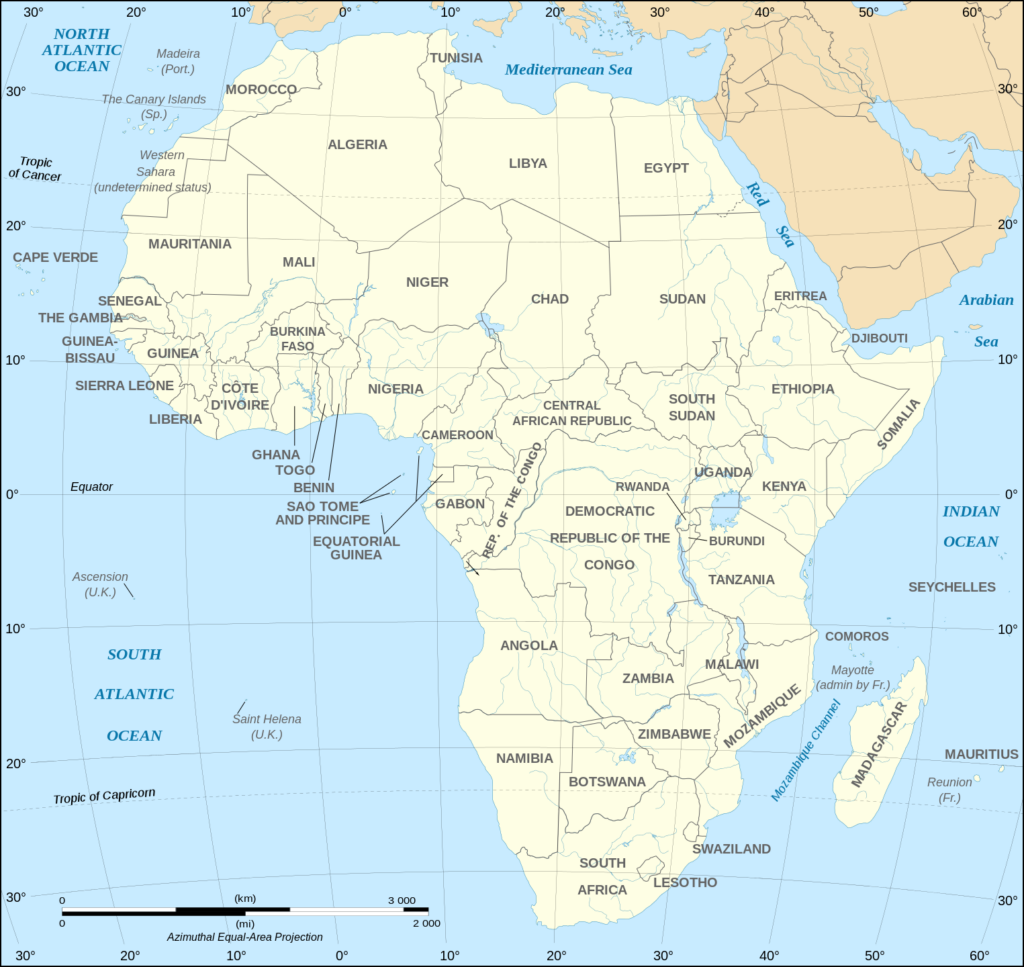POSITIVES – GOVERNANCE GAINS AND POLITICAL STABILITY
Since 2015, African countries has experienced over 30 changes in government leadership. Yet Mauritius, Botswana, Cape Verde, Namibia, and Ghana rank high as politically stable, transparent democratic and accountable countries. These countries, as well as other rising democracies across Africa, buck the trend of over six decades of perennial political instability across the continent. African Union dedicated the entirety of 2018 to “winning the fight against corruption.” Citizens holding elected officials accountable to the needs of the people.
POSITIVES – REFUGEES & CONFLICTS
African Union designated 2019 “Year of Refugees, Returnees, and Internally Displaced Persons in Africa.” Continent’s initiative to sustain solution to migration issues. African countries host largest number of refugees in the world, especially from neighbouring countries. Conflicts explained by the rise of the Islamic State and climate change. African-led solutions to forced displacement. More peace initiatives and treaties. Eritrea and Ethiopia signed a peace agreement in 2019 to end two decades of war and enmity. Rwanda, once known primarily for its tragic genocide, is now known as a model of stability and economic growth.
POSITIVES – HEALTH AND THE IMPACT OF DISEASES
African governments and health workers improving access to treatments. African governments and health workers finding better ways to deliver quality health care. Technological innovations and health systems strengthening. Making good progress on preventable childhood illness and communicable diseases. Treatment options are improving FOR HIV/AIDS, Malaria and Ebola patients. No longer solely seen as a hotbed of disease and hunger. Life expectancies rising.
POSITIVES – OVERCOMING SOCIAL CHALLENGES
Share of people living in extreme poverty in Africa has declined over the past decades. Ethiopia, for example, is projected to almost eliminate extreme poverty by 2050. African children enrolled in primary school has increased from 60 million to 150 million. Adult literacy rates are up by almost 10 percentage points from 1995, and the gender gap in literacy is shrinking, partially driven by massive improvements in gender parity in school enrolment. Africa is ahead in some areas of improving gender equality. Women hold almost one-third of parliament seats, more than in Europe and the United States. Women are receiving greater autonomy and power throughout Africa because leaders have started to recognize the need for inclusive participation. Not so positive, the concentration of poverty 40 percent of Africa’s extremely poor are projected to live in Nigeria and the Democratic Republic of Congo by 2040
